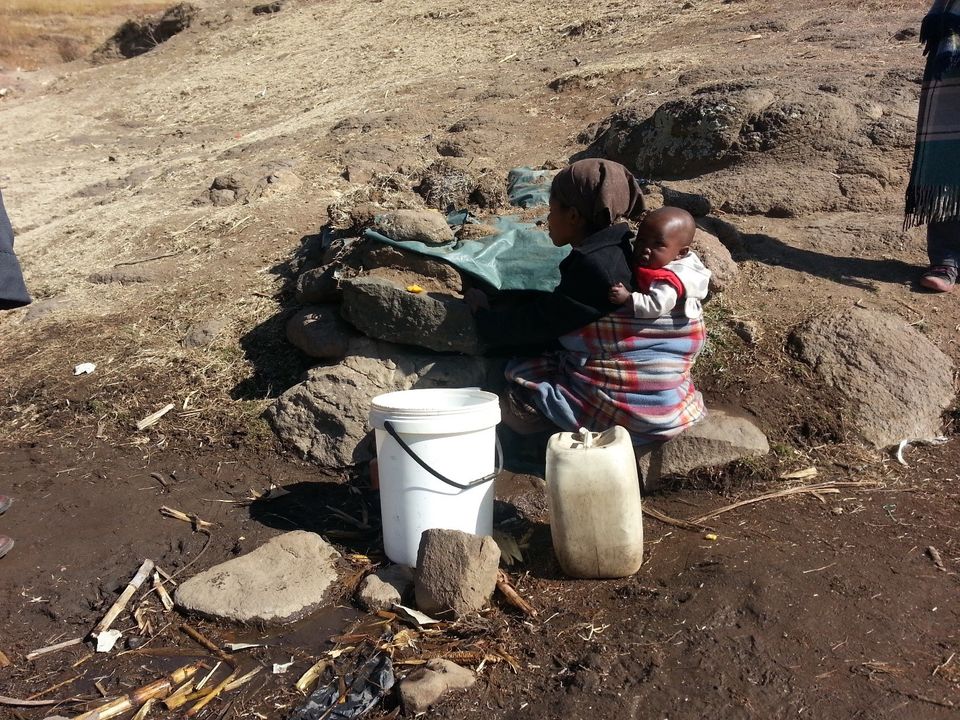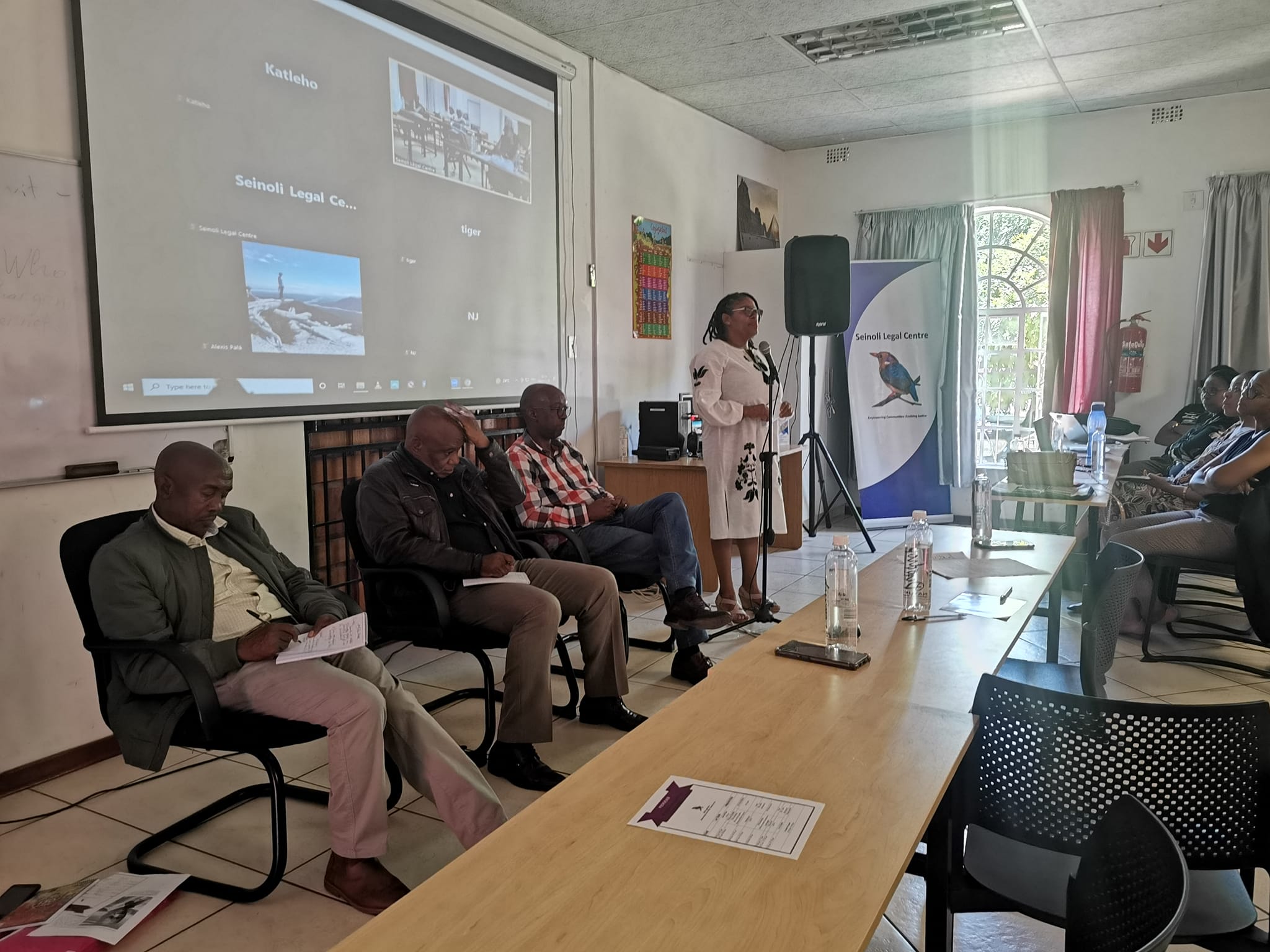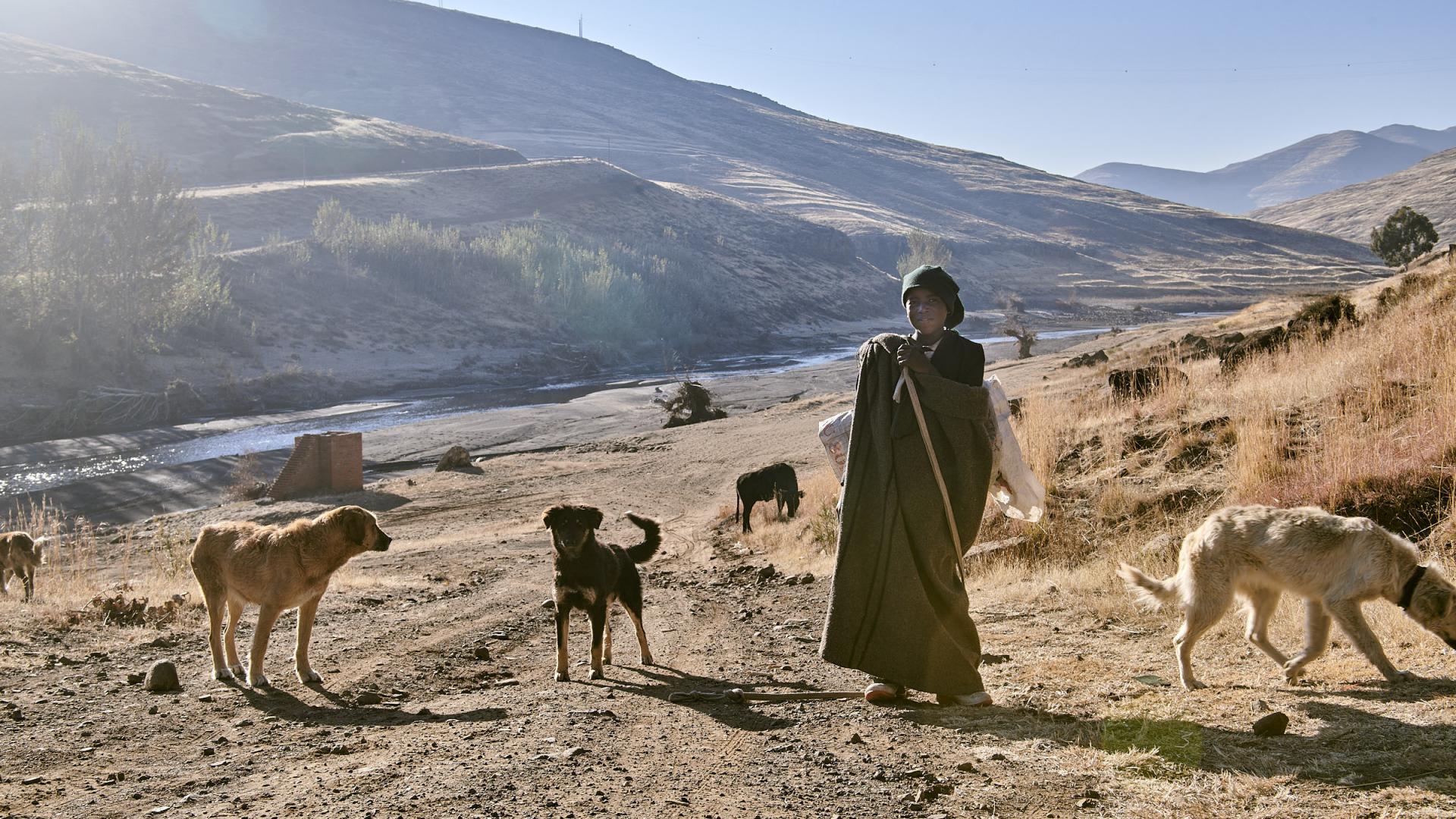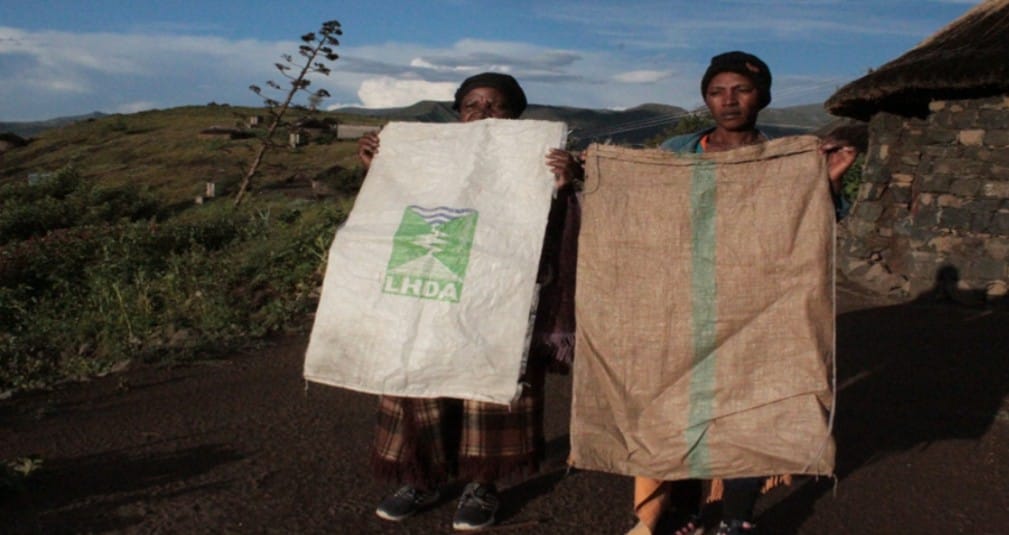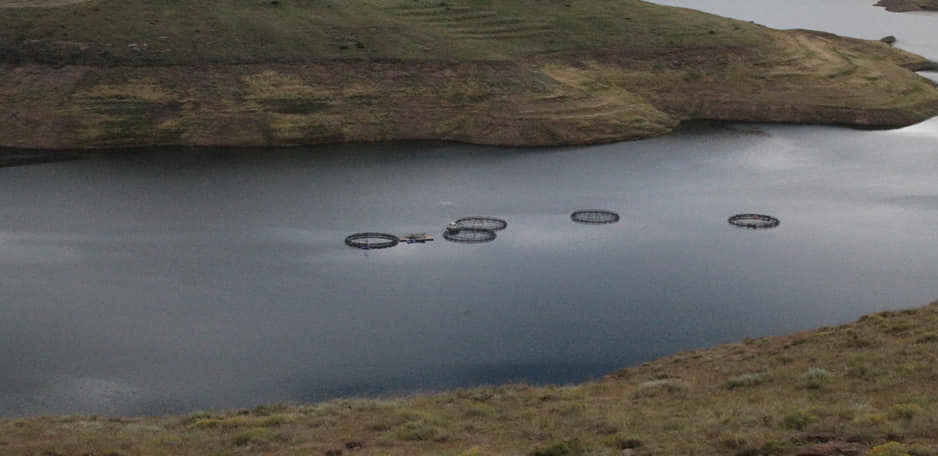December 11, 2022in Our Blog
This year’s Human Rights Day slogan is “Dignity, Freedom, and Justice for All” and the call to action is #StandUp4Human Rights.
The Universal Declaration of Human Rights (UDHR) highlights the “recognition of the inherent dignity and of the equal and inalienable rights of all members of the human family is the foundation of freedom, justice and peace in the world.”
Seinoli Legal Centre (SLC) is cognisant of the fact that economic cooperation with transnational companies and developmental projects such as construction of commercial dams under the Lesotho Highlands Water Project (LHDA) and the Lesotho-Botswana Water Transfer project (L-BWT) constitute a source of revenue representing a substantial part of foreign direct investment which, if managed in a viable, sustainable and transparent manner respectful of human rights, can contribute immensely to socio-economic development. However, with the exponential increase of large developmental projects in Lesotho, there are major risks of the occurrence of human rights violations including:
• Dispossession of land and displacement of communities;
• Lack of communities’ participation in key decision-making processes affecting them (Free, Prior, Informed Decision);
• Lack of adequate compensations for those affected;
• Environmental degradation;
• Lack of developmental projects, corporate social responsibility and livelihoods restoration for affected communities.
Based on this year’s Human Rights Day slogan which provides for dignity, freedom and justice for all, and in line with the SLC’s mandate of using the rule of law as a tool to protect communities affected by large projects in Lesotho, SLC calls upon the Government of Lesotho to fulfil its duty to protect human rights by ensuring that:
• It sets out clearly the expectation that all business enterprises domiciled in Lesotho or within its jurisdiction respect human rights throughout their operations;
• It exercises adequate oversight under the LHWP and L-BWT project, when it contracts with or legislates for, business enterprises to provide services that may impact upon the enjoyment of individuals’ and communities’ rights.
• It enforces laws that are aimed at, or have the effect of, requiring business enterprises to respect individuals and communities’ rights, and periodically to assess the adequacy of such laws and address any gaps, in particular, the provisions of the LHDA Order of 1986.
• It formulates as a matter of urgency a National Compensation Policy to ensure fair and adequate compensations for affected individuals and communities.
• It enacts, the Public Participation Act to ensure that the principle of Free, Prior, and Informed Consent is respected when dealing with communities.
• It takes appropriate steps to ensure the effectiveness of judicial mechanisms when addressing business-related human rights abuses, including reducing legal, practical and other relevant barriers that lead to a denial of access to remedy such as a legal requirement for a locus standi in judicio. (non-recognition of public interest litigation and judicial activism).
SLC further calls upon the business enterprises to fulfill their corporate responsibility to respect human rights by:
• Avoiding at all costs infringing on the rights of individuals and communities and address adverse human rights impact with which they are involved.
• Preventing or mitigating adverse human rights impacts that are directly linked to their operations.
• Having in place policies on human rights due diligence process to identify, prevent, mitigate and account for how they address their impact on human rights, and make such policies publicly available and accessible to communities.
• Enhancing the socio-economic status of affected communities through social corporate responsibility and other developmental projects within communities as well as communities’ livelihoods restoration.


